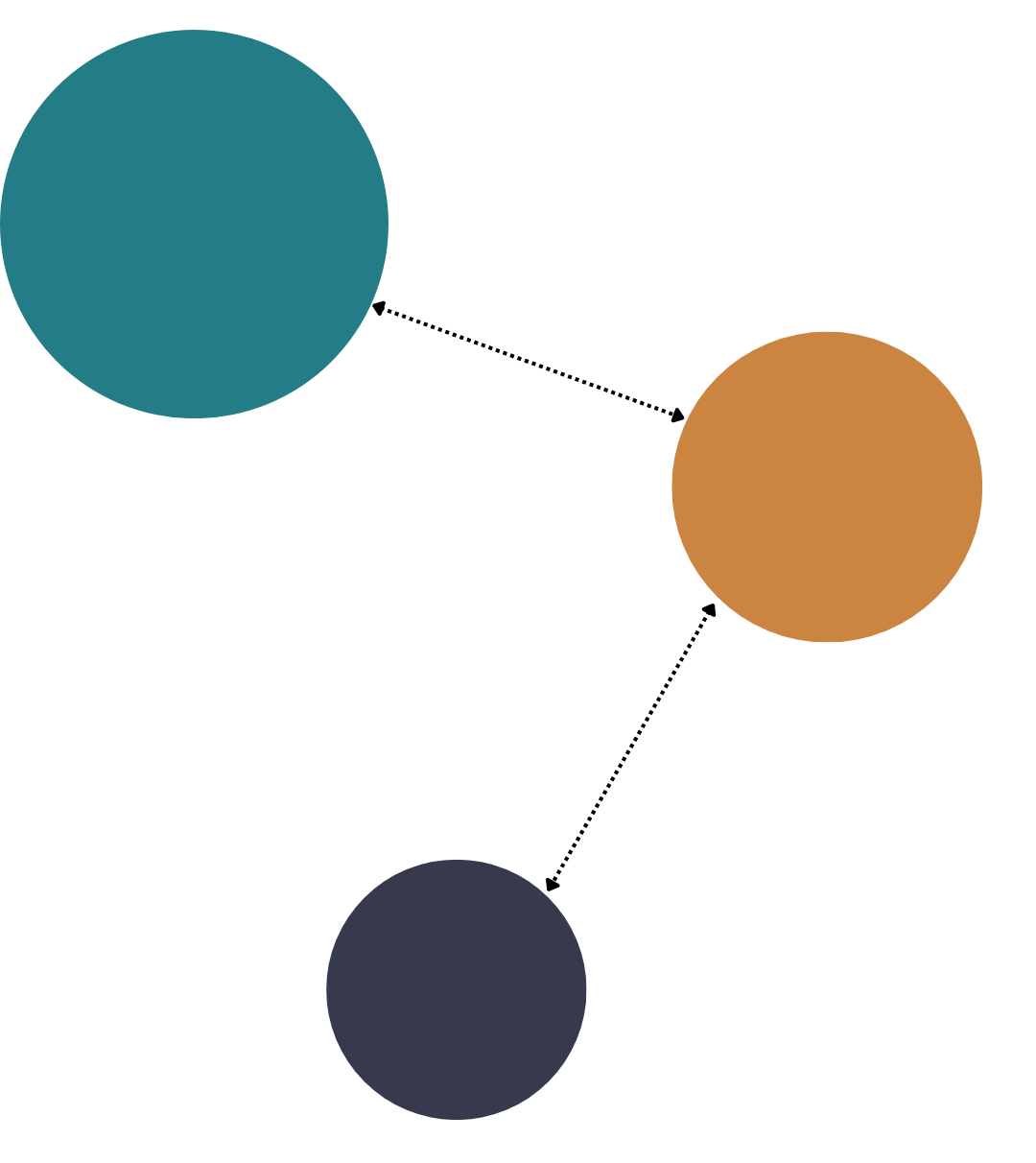Tom Slater, Interim Assistant Director for Research and Knowledge Mobilisation, shares his reflections on the 2025 Health and Care Research Wales annual conference.
The Health and Care Research Wales (HCRW) Annual Conference is always a highlight in the calendar, and this year’s event in Cardiff was no exception. A vibrant mix of researchers, practitioners, policymakers, and members of the public, were united by a shared commitment to improving lives through research. And for those of us working in social care, it was especially energising to see our sector so prominently featured.
How can social care research impact policy and practice?
The day began with a warm welcome from presenter and journalist Andrea Byrne, followed by an opening address from Professor Isabel Oliver, Chief Medical Officer for Wales. But it was the opening session that truly set the tone: “How can social care research impact policy and practice?”
The session offered a compelling showcase of the sector’s growing influence and relevance. Rachel Scourfield, our Head of Knowledge Mobilisation, joined Professor Donald Forrester of the Children’s Social Care Research and Development Centre (CASCADE) and Professor Paul Willis from the Centre for Adult Social Care Research (CARE).
Together, they delivered a session rich in insight, passion, and practical relevance. Their message was clear and persuasive: research in social care must be a genuinely collaborative, two-way process.
To ensure it’s relevant, meaningful, and purposeful, we must actively involve people with lived and living experience, practitioners, policymakers, and other stakeholders from the outset.
Research shouldn’t sit on a shelf - it needs to be mobilised, embedded into practice, and used to inform real-world decisions. Only then can it deliver the kind of impact that transforms frontline services and shapes effective policy.
Apply knowledge to practice
This vision is at the heart of our growing knowledge mobilisation offer, which is designed to support the sector in turning evidence into action. Through practical tools, resources, communities of practice, and opportunities for collaborative learning, we’re helping to ensure that research is not only accessible but actively used to improve outcomes.

“Research shouldn’t sit on a shelf - it needs to be mobilised, embedded into practice, and used to inform real-world decisions.”
Inspiring change
Later in the day, I joined a breakout session exploring innovation in research - how we can “do research differently”. The speakers brought fresh perspectives and bold ideas, challenging us to rethink traditional methods and embrace new ways of working. It was a reminder that innovation isn’t just about technology; it’s about mindset, collaboration, and courage.

One of the most moving moments came during the awards presentation. Rachel Vaughan, Engagement Manager at CASCADE, was recognised with the Public Involvement Award for her work with the CASCADE Parent’s Research Advisory Group.
This was not only a celebration of research excellence, but a powerful acknowledgment of how lived experience can inform, shape, and elevate the research process. It was wonderful to see parents and carers – so often the unsung experts – being honoured for their vital contributions and the unique insights they bring to the table.
Throughout the day, we heard about the incredible work made possible by HCRW funding. From clinical breakthroughs to community-led projects, the impact was clear. These initiatives are improving services, informing policy, and - most importantly - making a difference in people’s lives. It was inspiring to see how far we’ve come, and exciting to think about what’s next.

“This was not only a celebration of research excellence, but a powerful acknowledgment of how lived experience can inform, shape, and elevate the research process.”
Closing thoughts
At Social Care Wales, we’re proud to continue our partnership with Health and Care Research Wales to champion and support research across the social care sector - an ambition firmly embedded in the shared actions of the Ymlaen strategy.
This conference was both a celebration of that collaboration and a rallying call to keep advancing. It demonstrated that when research is grounded in real-world experience, driven by inclusion and innovation, and actively mobilised, it has the power to create lasting, meaningful change.
